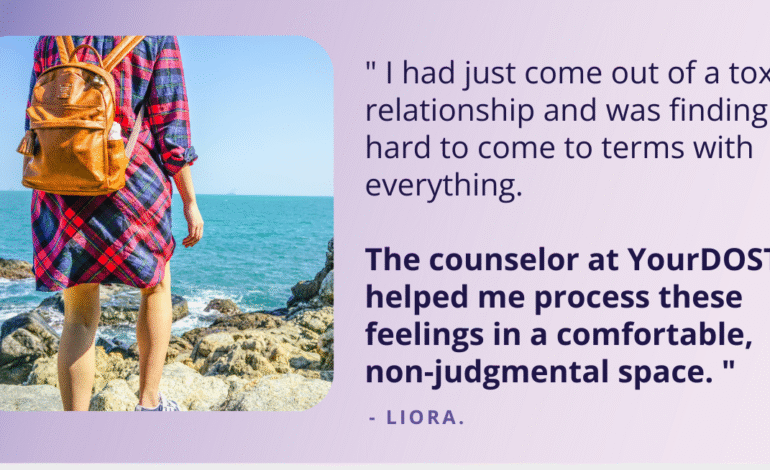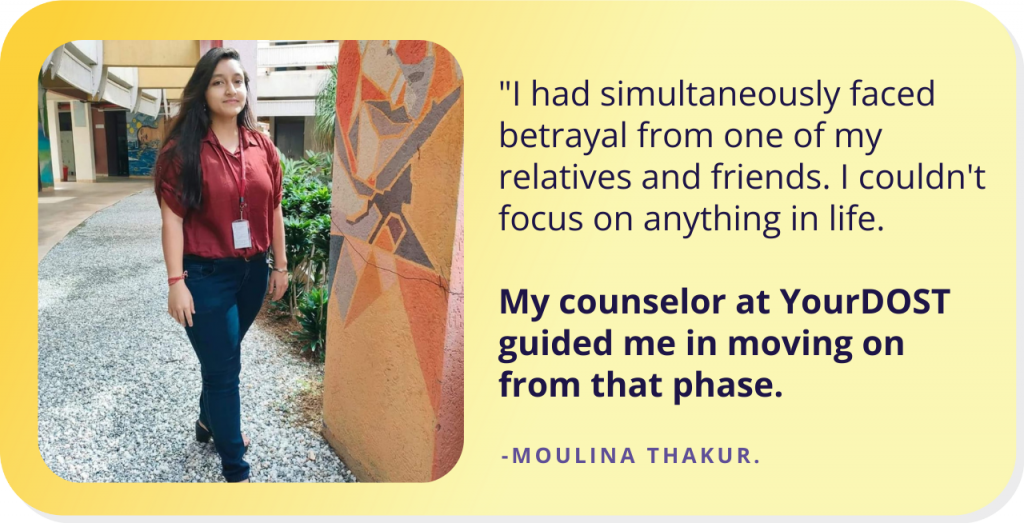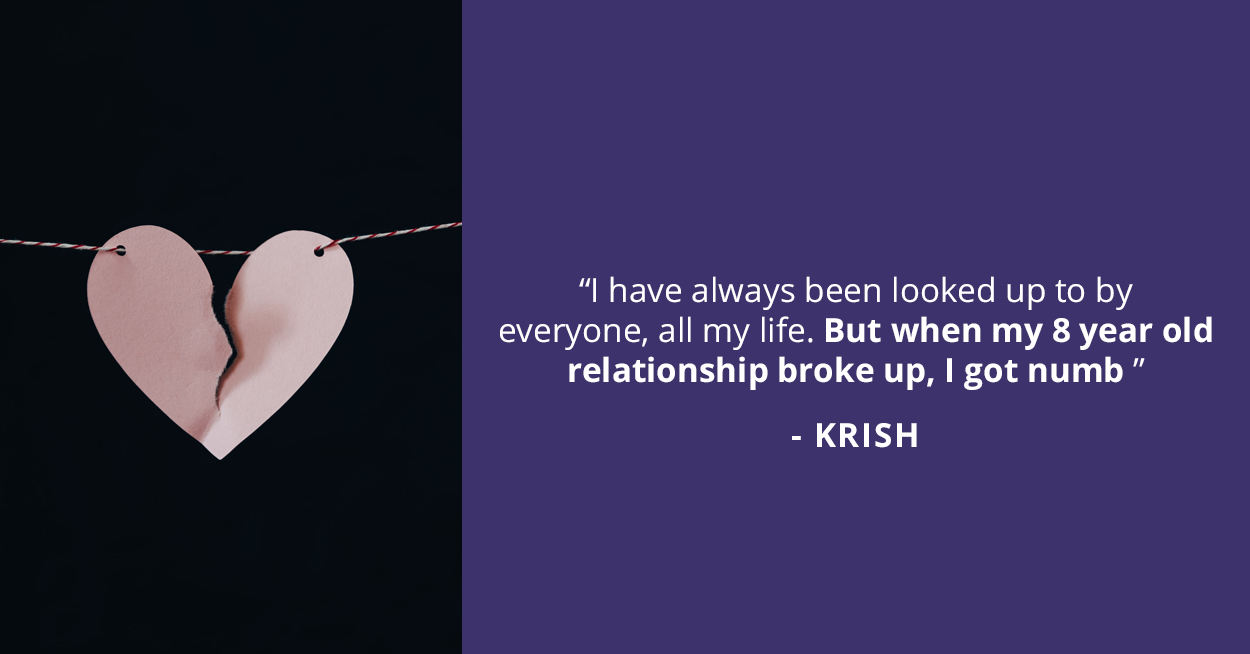Is Your Relationship Bothering You? (Part I) – Starting A Conversation When You Are Already Angry
If you are starting a conversation when you are already upset, don’t use criticism, sarcasm, or harsh words no matter how upset you feel. Don’t show the intention of insulting the other person with an open sign of disrespect. This ruins the atmosphere right from the start and closes the door on trust, love, and communication. It makes the other person feel assaulted, rejected, and hurt. It doesn’t matter who is “right” and “wrong.” Arguing about that won’t help because the problem is in our emotions, not our logical heads.
 |
| You are wrong, I am right! |
The Magic of “I” Statements
Instead of attacking, use “I” statements. These may seem strange if you are not used to them, but they can work like magic to transform a situation.
Instead of blaming and attacking with accusing words like, “You are a stupid so and so!” talk about how this situation makes you feel. Say, “I am feeling bad about what happened. It hurt my feelings when you did such and such.” Say things that actually express the feeling you are having like “It hurts me when you….” or “I get mad when you…” or “I need you to be more……”
Make sure you say what you actually feel when you are speaking from inside your experience with an “I” statement, not some mental analysis, and encourage the person you are speaking with to do the same. Saying, “I feel you are a complete fool!” is not using an “I” statement. It is just attaching an “I” statement to an attack. Saying, “I think you are putting me in a bad position” is a mental analysis and is neither a full attack nor an actual “I” statement of your feelings and it will not help.
With “I” statements, you are still expressing yourself, still getting your emotions out and being honest, but instead of blaming, you are sharing a vulnerable truth that is underneath the anger. The anger is not the greater truth. The vulnerable hurt is the greater truth. This is true because the vulnerable parts of ourselves control our emotions and our relationships. Vulnerability comes from a deeper level of honesty. This is why we love children and animals. They are honest and vulnerable – and so are we inside. We need to learn to care for our actual inner natures and those of the people we love instead of shaming and judging them into hiding vulnerable truths forever in darkness to save face and appear strong.
As Jimi Hendrix said,
“When the power of love overcomes the love of power the world will know peace.”
Let us know about your own experiences in the comments below.






